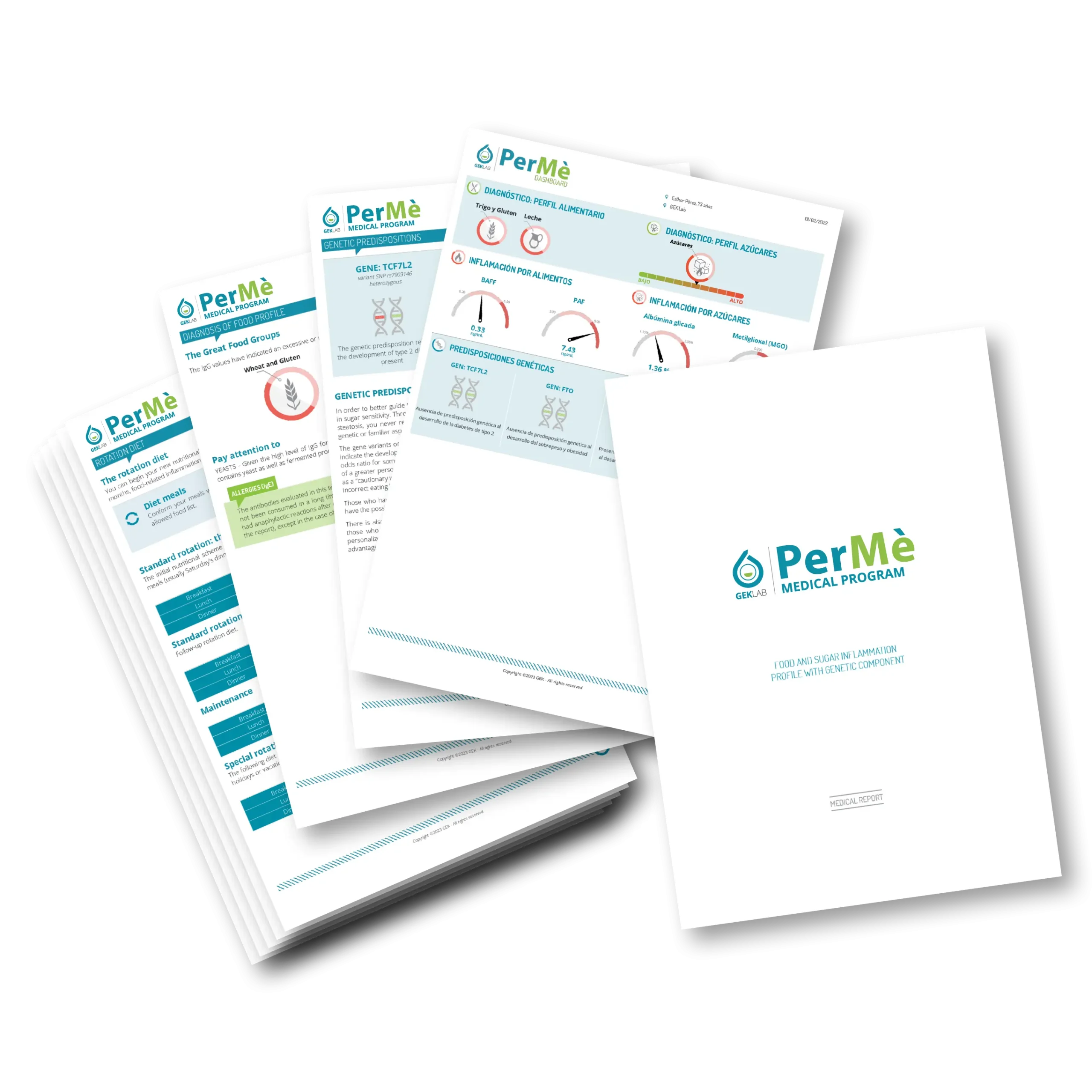Arthritis: nutrition strategies to fight inflammation

Arthritis is a widespread condition that affects joints, tendons, ligaments, and muscle fascia, causing pain and stiffness. It is a generic term indicating the painful phenomenon in its acute phase, which can originate from various joint or systemic diseases, each with its own characteristics and causes.
Symptoms of arthritis
The symptoms of arthritis vary depending on the type and severity of the condition. Among the most common are pain, stiffness, swelling, and redness of the joints.
In the case of rheumatoid arthritis, symptoms such as weakness, fever, and weight loss may occur before joint pain, and the onset of the disease can be slow and gradual.
In the case of psoriatic arthritis, in addition to the joints, the skin can also be affected, with inflammation and abnormal proliferation of skin cells, red patches, scales, and itching.
Regardless of the causes that have led to the disease, all forms of arthritis are associated with inflammation at either a local or systemic level.
Causes and triggering factors
Conditions such as rheumatoid arthritis, psoriatic arthritis, as well as arthritis associated with Lupus erythematosus, are autoimmune diseases in which the immune system develops inflammation that damages various parts of the body, including joint tissues. Others, such as septic arthritis, result from an infection that has attacked the joints, for example following surgery, while post-traumatic arthritis obviously depends on trauma.
Regardless of the causes that have led to the disease, all forms of arthritis are, however, associated with inflammation at either a local or systemic level. In response to this inflammation, the body produces fluids in an attempt to dilute the inflammatory substances, causing swelling of the joints, tendon or ligament capsule edema, thus causing pain, stiffness, and difficulty in movement.
Some forms of arthritis can also be influenced by genetic predispositions. For example, having a particular variant in the TNFSF13B gene may make it more likely for the body to produce a greater amount of BAFF, a cytokine involved in various inflammatory processes, including those affecting the bodily fluids that lubricate the joints. However, it is important to know that genes show a greater predisposition but do not absolutely determine the future. Nutrition, environment, and lifestyle can make a difference.
Rheumathoid arthritis, overweight and obesity
Adipokines are inflammatory substances that sometimes also have hormonal action, generated by adipose tissue. They play an essential role in regulating metabolism, inflammation, and the functioning of the immune system. Obesity and fat accumulation increase the risk of developing and worsening rheumatoid arthritis.
Some adipokines, such as leptin, which contribute to inflammation, also tend to increase with a diet that, due to its characteristics, promotes insulin resistance. Following a diet that moderates insulin spikes by limiting sugars and related substances can yield excellent results in managing rheumatoid arthritis.
In general, adopting a healthy and balanced diet can help regulate adipokine levels and reduce inflammation associated with rheumatoid arthritis.
Treatment and care strategie
When dealing with joint-related issues, it is always advisable to undergo a detailed medical evaluation to understand the origin of the problem.
However, rather than unconditionally resorting to anti-inflammatory drugs, analgesics, and corticosteroids, undoubtedly essential during acute phases, it can be beneficial to adopt an integrated therapeutic approach.
This approach can allow, even for those beginning treatment in an advanced phase, to minimize the use of medications, aiming for a more targeted and personalized approach based on the individual characteristics of the patient, their diet, and their lifestyle. In many cases, it is indeed possible to alleviate and sometimes resolve symptoms through a personalized diet.
An inflamed gut due to an imbalanced relationship with certain food groups can promote the production of BAFF and other inflammatory cytokines, contributing to the onset and persistence of pain. Glycation processes, caused by excessive individual consumption of sugars, fructose, alcohol, and polyols, can also promote inflammation.
Inflammation linked to diet is one of the main causes of arthritis, and studying inflammatory levels from foods or sugars is the first therapeutic weapon to use.
The PerMè Medical Program analyzes inflammatory markers such as BAFF, but also early damage markers from sugar, such as glycated albumin and methylglyoxal, which are involved in the typical painful phenomena of arthritis. The report result allows understanding if there are food groups that promote inflammatory processes.
By following a personalized diet based on individual levels of inflammation from food and sugars, adequate dietary habits are restored, which, alongside clinical therapies, often lead to recovery of well-being.
Conclusion
Arthritis and autoimmune diseases can have a significant impact on quality of life. However, with the right approach, combining traditional medicine with attention to diet and lifestyle, it is possible to live a full and healthy life. The key is to understand one’s body, know the factors that can influence the disease, and make informed choices to promote health and well-being.
By the Scientific Editorial Team at GEK Lab










